(L530) 10 things for students to know about the world: a background knowledge and language refresher
$8.99 including GST
This no-prep 46-page resource is designed to support students with limited background knowledge – including students with language, reading, and other learning disorders – by reviewing key information about our place in the world.
The information is presented in a logical sequence, in Plain English, supported by colour maps and visuals, including key information about the Solar System, Earth, continents, oceans, mountains, rivers, and populations. There are a series of questions about each of the 10 areas.
Description
10 things for students to know about the world to keep things in perspective – a no-prep background knowledge and language refresher, with suggested questions, and visual support
Many students – primary school children, teenagers, and young adults – have limited background knowledge about the world around them. This is a big problem for oral language and reading comprehension.
For younger students, we know:
-
- higher levels of background knowledge enable primary school children to better understand a text; and
- students with strong knowledge of a topic are better able to comprehend a text about the topic than a similar text about a different topic that they don’t know as much about.
For older students, we know:
-
- struggling readers tend to have less developed content knowledge and greater difficulties using knowledge to build mental models of what they read (e.g. Bransford et al., 1981; Oakhill, 1983);
- readers with more knowledge on a topic outperform others with the same reading skills but less knowledge of the topic on reading comprehension tasks (e.g. Recht & Leslie, 1989);
- having some knowledge of a topic in a passage is positively associated with correctly answering questions about the passage (Compton et al., 2013);
- struggling readers with poor background knowledge have difficulty recalling a passage’s main ideas, but when given background knowledge can often do so (Miller & Keenan, 2009); and
- without well-connected knowledge, students have difficulty making inferences (e.g. Kendeou & van der Broek, 2005; McNamara & Magliano, 2009). (Knowledge about the world helps us to make inferences about what we are reading: to connect new information in the text with information about the topic that we have already stored in our long-term memories.)
This resource is designed to support students with limited background knowledge – including students with language, reading, and other learning disorders – by reviewing key information about our place in the world. The information is presented in a logical sequence, in Plain English, supported by colour maps and visuals, including key information about:
-
- our galaxy, the Milky Way;
- the Solar System;
- planet Earth;
- the five oceans;
- the seven continents;
- the longest rivers;
- the highest mountains;
- the largest forests;
- countries with the highest populations; and
- countries with the biggest economies.
There are also a series of questions about each of the 10 areas.
We use this resource to help students to learn about and to orient themselves to the world around them – especially students who have significant language or other learning disorders, and students who have limited knowledge of the world beyond their local community.
You can read more about the research on the importance of background knowledge here: Why background knowledge about the world can increase reading comprehension – even for facts you can just Google (with 2021 research update and free resources to boost your child’s background knowledge).
Related resources:
-
- 10 things for students to know about Australia to keep things in perspective – a no-prep background knowledge and language refresher with visual support and suggested questions
- 26 things for students to know about Sydney to keep things in perspective – a no-prep background knowledge and language refresher, with suggested questions (including Blanks Level 3 and 4), and visual support

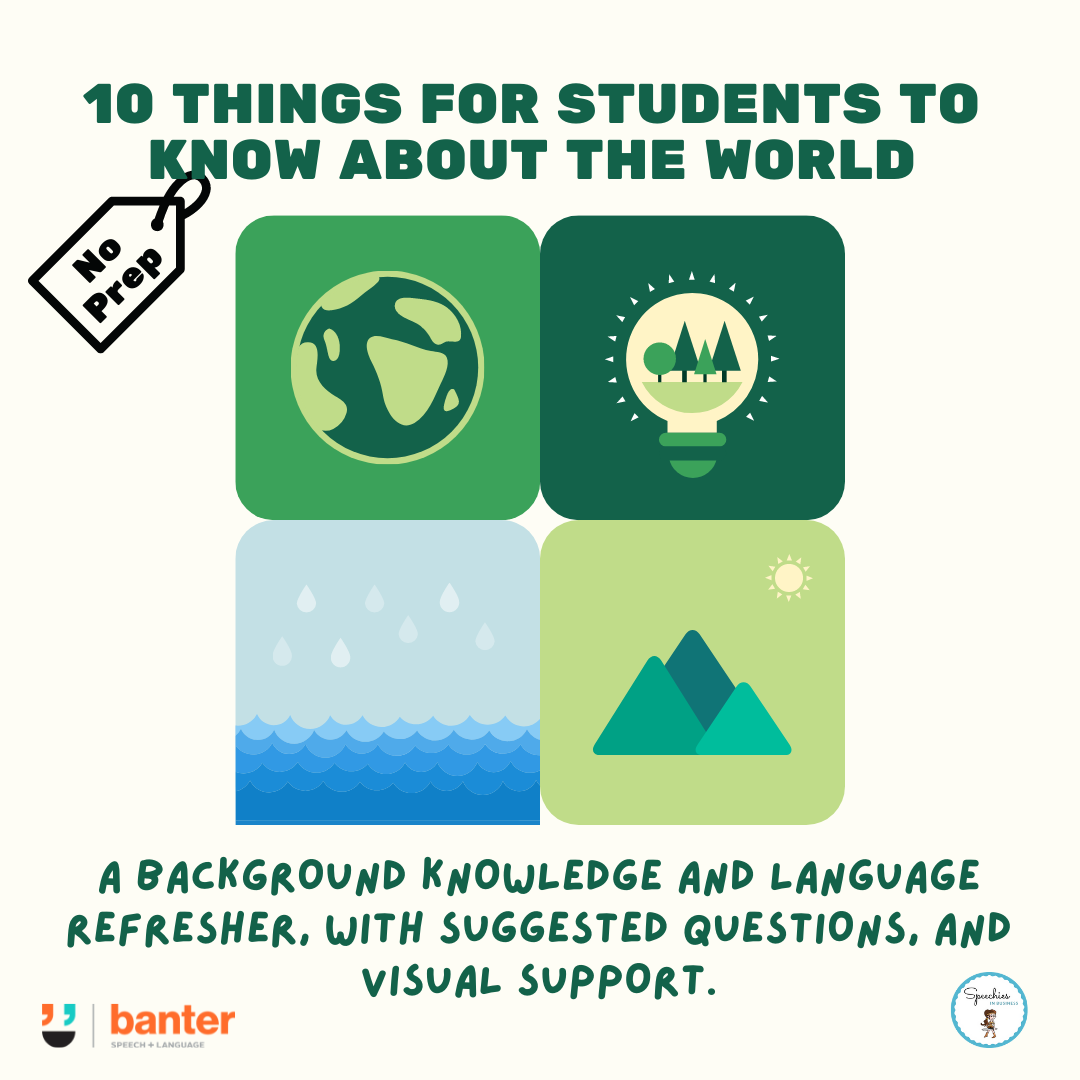







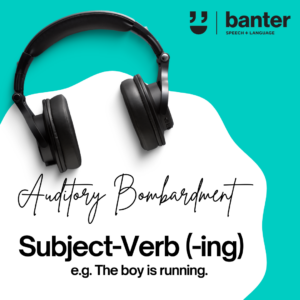
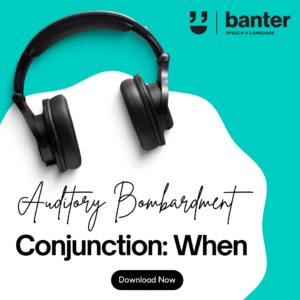
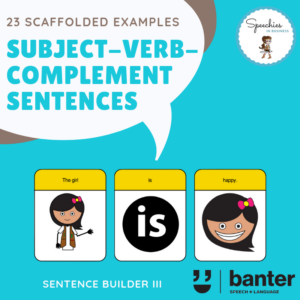
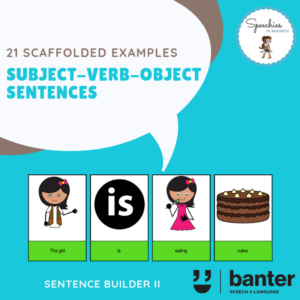
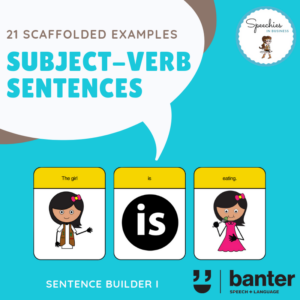 (L109) Subject-Verb (SV) Sentence Builders
(L109) Subject-Verb (SV) Sentence Builders 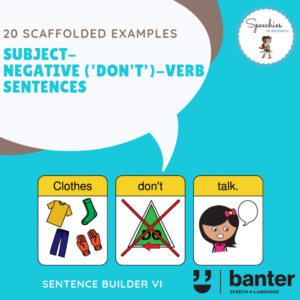 (L126) Subject-Negative ('Don't')-Verb (SNegV Don't) Sentence Builders
(L126) Subject-Negative ('Don't')-Verb (SNegV Don't) Sentence Builders 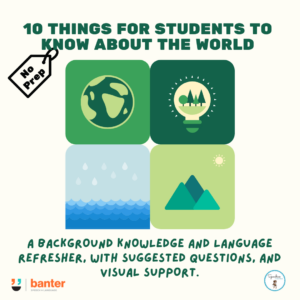
Reviews
There are no reviews yet.